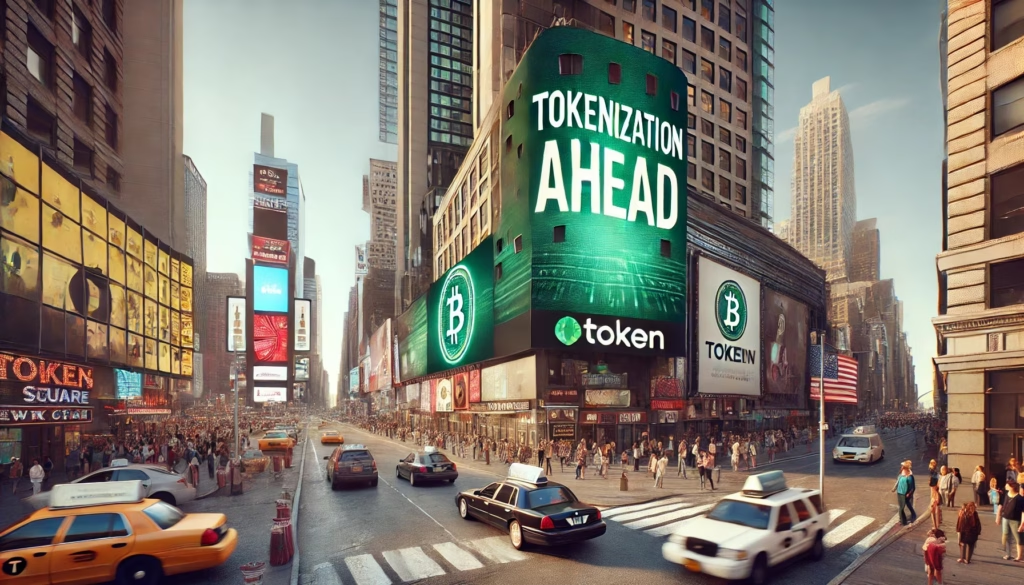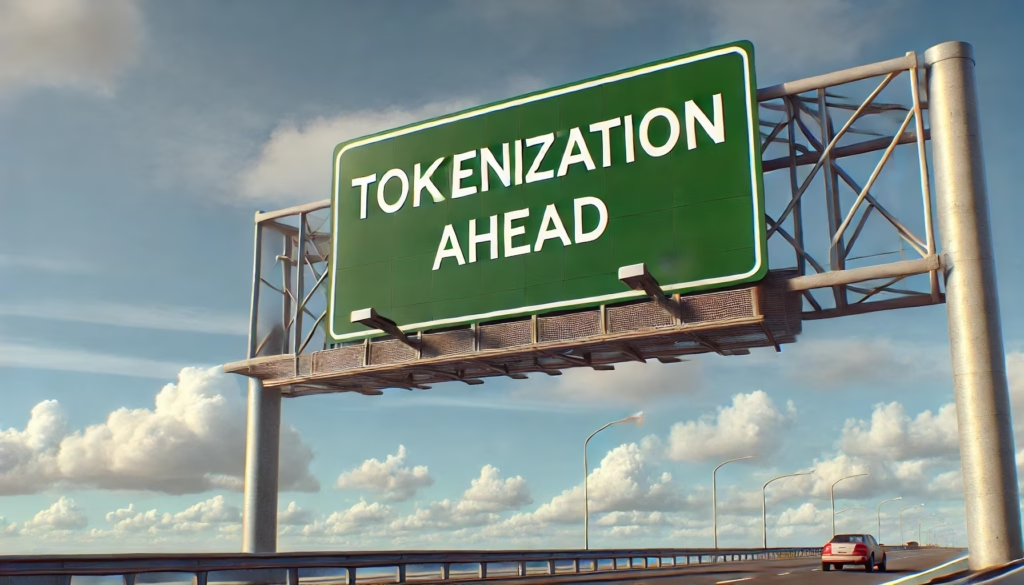2025 marks a landmark year in tokenization. Institutional players like BlackRock, Fidelity, and Apollo are launching regulated tokenized funds, while tokenization expands into real estate, art, and data. The asset base is growing rapidly, projected to hit trillions within a few years, fueled by interoperability, AI-ready infrastructure, and shifting global regulatory frameworks.
“The first quarter of 2025 marked a decisive shift in the tokenization of real-world assets (RWAs). With nearly $20 billion of tokenized assets now on-chain and institutions like BlackRock, Apollo, and Fidelity launching real products, the institutional era of tokenization is no longer ahead, it’s here.”
— Linh Tran, InvestaX Q1 2025 Review & Insights
The concept of tokenization, converting physical and intangible assets into digital tokens on the blockchain, has gained remarkable traction. By 2025, tokenization is expected to transform finance, real estate, art, and more by enabling fractional ownership and democratizing investments. This article dives into the trends, drivers, and future implications of tokenization.
The Current State of Tokenization
Tokenization is already streamlining industries by making illiquid assets more accessible. The tokenized securities market is predicted to exceed $50 billion by 2025, with applications spanning real estate, commodities, and intellectual property. Platforms like RealT have paved the way, offering fractional real estate ownership to investors globally.
Key Predictions for Tokenization in 2025
1. Explosion of Real-World Asset (RWA) Tokenization
The tokenization of real-world assets, including real estate, art, and commodities, will dominate the landscape. Real estate, as the world’s largest asset class, stands out due to its low liquidity and high barriers to entry. Tokenization enables fractional ownership, allowing investors to own portions of high-value properties for as little as $50. Platforms such as RealT and fractional ownership blockchain solutions will continue to grow, addressing the need for transparency and liquidity in this sector.
2. AI and Blockchain Integration
Artificial intelligence (AI) will transform tokenized markets by automating governance, pricing, and risk analysis. This integration will enable investors to make data-driven decisions and participate in decentralized financial systems (DeFi). AI-powered smart contracts will also reduce fraud and improve efficiency in tokenized ecosystems.

3. Institutional Adoption
In 2025, institutional players such as banks and asset managers are expected to fully integrate tokenized securities into their portfolios. For example, JPMorgan and BlackRock have already begun exploring tokenized financial instruments. The inclusion of tokenized assets in institutional frameworks will bring legitimacy, attract liquidity, and reduce volatility in global markets.
4. Regulatory Clarity
Regulatory frameworks worldwide will solidify by 2025. Brazil and other countries are implementing laws to govern tokenized assets, stablecoins, and DeFi. This regulatory clarity will foster innovation while safeguarding investors. Governments will balance promoting blockchain innovation with mitigating risks like fraud and money laundering.

5. Expansion of Tokenization Platforms
By 2025, advanced tokenization platforms will handle diverse assets, from residential properties to rare art collections. Technologies like Ethereum’s Layer 2 solutions will enhance scalability, making it easier for smaller investors to access tokenized opportunities. Global marketplaces will emerge, connecting investors and asset owners with seamless cross-border transactions.
Challenges Ahead for Tokenization in 2025
Despite its potential, tokenization faces challenges, including:
- Scalability: High transaction costs on public blockchains may hinder mass adoption.
- Education: Investors require a better understanding of blockchain and tokenization concepts.
- Interoperability: Cross-chain communication and standardization remain areas needing improvement.

Future Implications of Tokenization
Democratized Investments
Tokenization will break traditional barriers, enabling retail investors to participate in high-value markets. Fractional ownership will become a standard, empowering smaller players in industries previously dominated by institutional giants.
Enhanced Market Liquidity
Tokenized assets will create liquidity in traditionally illiquid markets, such as real estate and collectibles. Investors will trade tokens 24/7 on decentralized exchanges, unlocking capital tied to physical assets.
Global Economic Impact
With tokenization predicted to grow 80x in private markets by 2030, its economic impact will be profound. Tokenized securities, stablecoins, and decentralized finance will revolutionize how individuals and businesses manage wealth.
Conclusion
By 2025, tokenization will have reshaped how we perceive and interact with assets. Through regulatory advancements, AI integration, and institutional adoption, tokenized markets will unlock unprecedented opportunities for investors worldwide. As the era of digital assets unfolds, industries must prepare for this paradigm shift, ensuring inclusivity and transparency for all.
Stay ahead of the curve. Explore actionable insights and industry updates on TokenizedLiving.com.
❓ FAQ – Tokenization in 2025: The Era of Digital Assets
It refers to the moment when tokenization moves beyond pilots and enters true institutional scale—supported by major asset managers, regulated frameworks, and trillions in on-chain assets.
BlackRock, Fidelity, Apollo, Mastercard, and others are actively launching tokenized treasuries, commodities, equity, and private credit funds across multiple blockchains.
As of Q1 2025, global tokenized assets approached almost $20 billion, with forecasts pushing the market to $2‑$4+ trillion by 2030.
Real estate, art, equity, bonds, private funds, stablecoins, and even structured datasets tailored for AI—all supported by token standards and regulated structures.
It enables fractional ownership, faster settlement, improved liquidity, programmability, and cross-border access with programmable compliance.
Challenges include regulatory uncertainty across jurisdictions, technology integration (e.g. oracles, interoperability), and scaling secondary markets.
We use AI tools to enhance research and drafting, always under human supervision.

